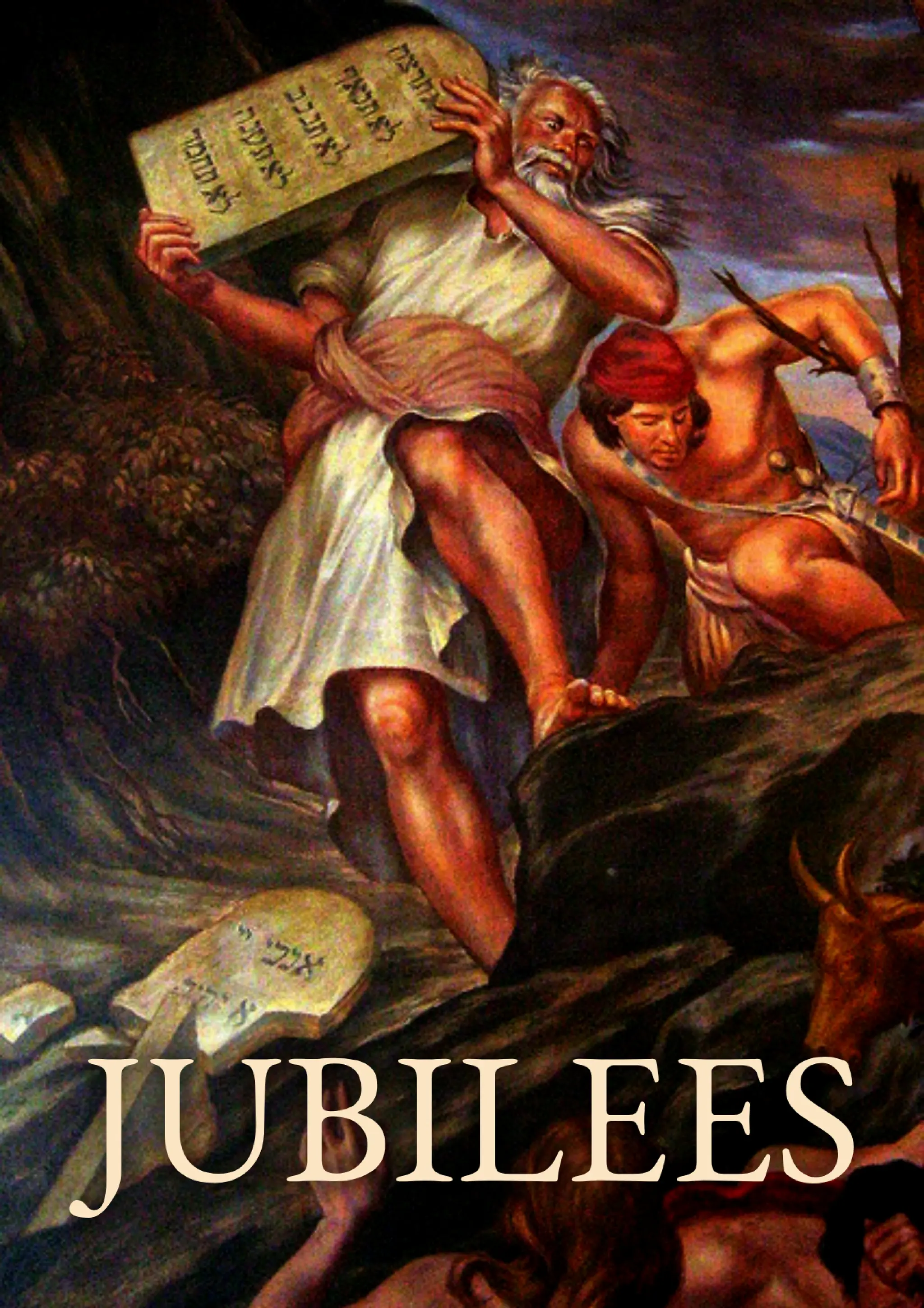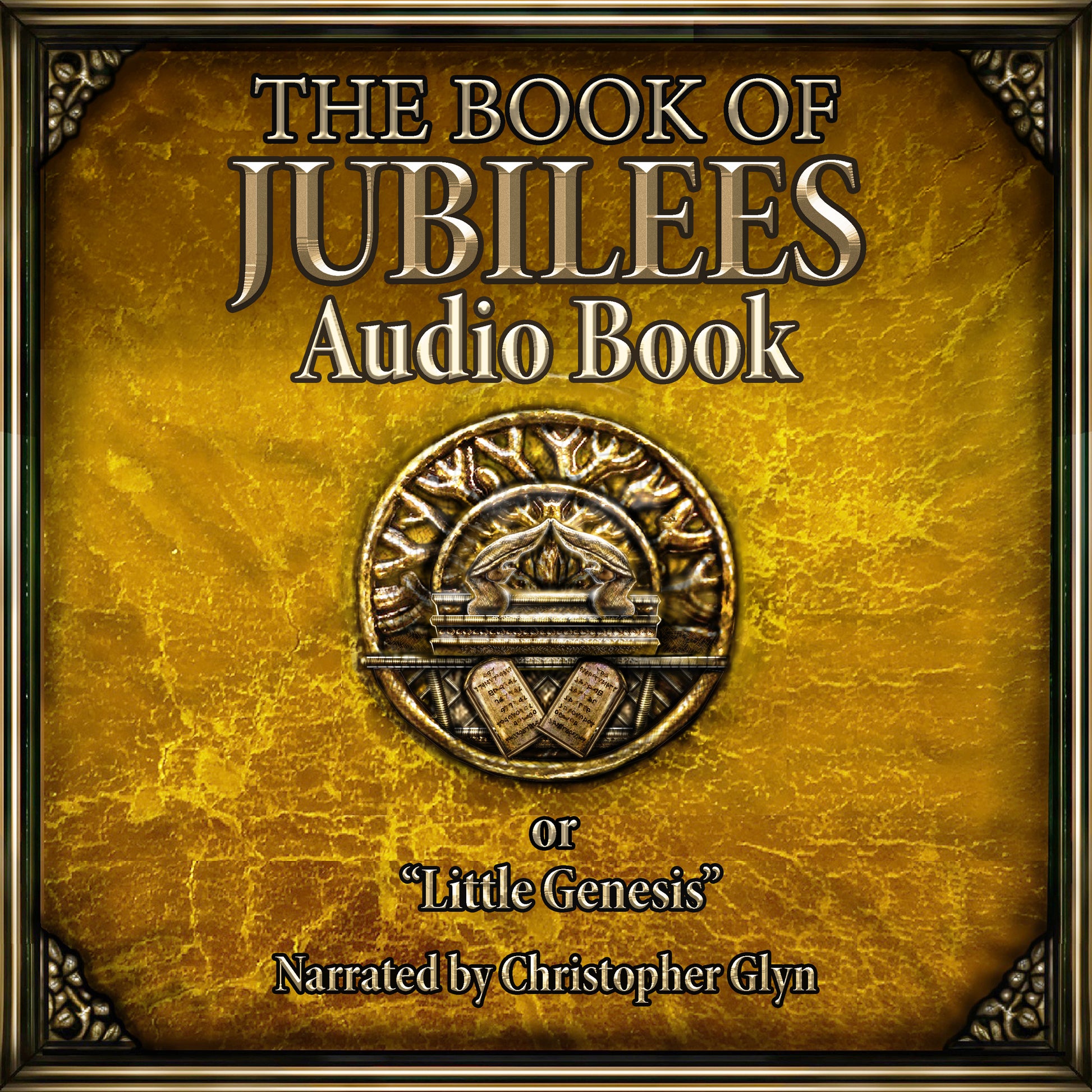Book Of Jubilees - A Closer Look At This Ancient Text
The Book of Jubilees has always fascinated scholars and religious enthusiasts alike. This ancient Jewish apocryphal text, consisting of 50 chapters, has been regarded as a significant religious work by the Ethiopian Orthodox Tewahedo Church and Haymanot Judaism. It's not just a retelling of the events from creation to Moses but also includes additional details, calendar reform, messianic and apocalyptic passages. Its inclusion in the religious traditions of certain communities highlights the diverse ways it has been embraced across different cultures.
For those curious about the origins of the Book of Jubilees, it's worth knowing that this text was composed around the 2nd century BCE. The title itself comes from its unique chronological system, dividing history into periods of 49 years. This system was likely influenced by the biblical importance of the number seven, which held great significance in Israelite history and symbolism. The text aims to provide precise dates for biblical events, making it a valuable resource for scholars studying the timeline of ancient religious narratives.
Although the Book of Jubilees isn't part of the canonical Bible in many religious traditions, it remains an intriguing piece of ancient literature. Its contents often supplement the stories found in Genesis and Exodus, offering richer details and alternative interpretations. So, if you're looking to explore how this text fits into the broader context of religious writings, it's definitely worth delving into the writings of early fathers and modern scholars who have studied it extensively.
What Exactly is the Book of Jubilees?
The Book of Jubilees, often called Lesser Genesis, is an ancient Jewish religious work that expands on the narratives found in the Bible. Specifically, it retells the stories from Genesis and the early chapters of Exodus, adding layers of detail and interpretation. It's important to note that this text is considered canonical by the Ethiopian Orthodox Church and Ethiopian Jews, where it's known as the Book of Division. For these communities, it plays a vital role in their religious practices and traditions.
How Does the Book of Jubilees Relate to Biblical Texts?
In some respects, the Book of Jubilees serves as a bridge between biblical texts and later religious writings. It provides a chronological framework for events described in Genesis and Exodus, often giving specific dates based on its unique calendar system. This system divides history into periods of 49 years, which aligns with the biblical concept of jubilees. So, rather than just retelling familiar stories, it offers a fresh perspective that emphasizes the importance of time and cycles in religious history.
Why is the Book of Jubilees Often Called Lesser Genesis?
Some might wonder why the Book of Jubilees is sometimes referred to as Lesser Genesis. The name reflects the text's focus on expanding and supplementing the stories found in Genesis. However, it's not meant to diminish its value. Instead, it highlights the text's role as a complementary work that enriches the understanding of biblical narratives. By adding details and interpretations, it provides readers with a deeper insight into the events and characters from the early chapters of the Bible.
Who Wrote the Book of Jubilees?
Now, who exactly wrote the Book of Jubilees? The text itself claims to be a revelation from God to Moses, delivered through the Angel of the Presence. While the authorship remains a topic of debate among scholars, it's generally accepted that the work was composed around the 2nd century BCE. This period was a time of significant religious and cultural development, which might explain the text's unique blend of traditional and innovative ideas.
Is the Book of Jubilees Considered Canonical?
The question of whether the Book of Jubilees is canonical depends on the religious tradition you're considering. For the Ethiopian Orthodox Church and Ethiopian Jews, it is indeed regarded as a canonical text. However, in Protestant, Roman Catholic, and Eastern Orthodox traditions, it falls into the category of pseudepigrapha—ancient writings not included in the canonical Bible. This classification reflects the diverse ways religious communities have approached and incorporated this text into their beliefs and practices.
What Makes the Book of Jubilees Unique?
The uniqueness of the Book of Jubilees lies in its detailed chronological system and its focus on calendar reform. Unlike other ancient texts, it provides specific dates for biblical events based on its division of history into 49-year periods. This approach not only adds precision to the timeline of religious history but also emphasizes the symbolic importance of the number seven. Additionally, the text leans toward hagiography, offering idealized portrayals of biblical figures and introducing sectarian teachings regarding the calendar.
What Can We Learn from the Book of Jubilees?
So, what lessons can we draw from the Book of Jubilees? For one, it demonstrates how ancient communities sought to understand and organize their religious history. By providing precise dates and additional details, it offers a richer understanding of biblical narratives. Moreover, it reflects the diverse ways religious communities have interpreted and integrated sacred texts into their practices. In a way, it serves as a reminder of the ongoing dialogue between tradition and innovation in religious thought.
For example, the text's emphasis on the calendar system highlights the importance of timekeeping in religious life. It shows how ancient communities used cycles and patterns to structure their understanding of the world. Similarly, its inclusion of messianic and apocalyptic passages reveals the hopes and expectations of its authors regarding the future. These elements combine to create a fascinating picture of how religious ideas evolved over time.
What Challenges Does the Book of Jubilees Present?
Of course, the Book of Jubilees also presents certain challenges for scholars and readers alike. One of the main issues is the lack of sufficient manuscript evidence, which makes it difficult to fully reconstruct the original text. Additionally, its classification as pseudepigrapha in many traditions means that its authority and authenticity are often questioned. Yet, despite these challenges, it remains a valuable resource for understanding the religious and cultural context of its time.
Can We Trust the Book of Jubilees?
When considering the reliability of the Book of Jubilees, it's important to recognize its limitations. The text's classification as pseudepigrapha indicates that it was not universally accepted as canonical. However, this doesn't mean it lacks value. Instead, it suggests that readers should approach it with a critical eye, considering both its strengths and weaknesses. By doing so, they can gain a more nuanced understanding of its place in the broader context of religious literature.
Anyway, trust in any ancient text often depends on the perspective you bring to it. For some, the Book of Jubilees offers a fascinating glimpse into the religious ideas of its time. For others, it serves as a reminder of the complexities involved in studying ancient writings. Either way, engaging with the text can be a rewarding experience that deepens your appreciation for the richness of religious history.
Table of Contents
- What Exactly is the Book of Jubilees?
- How Does the Book of Jubilees Relate to Biblical Texts?
- Why is the Book of Jubilees Often Called Lesser Genesis?
- Who Wrote the Book of Jubilees?
- Is the Book of Jubilees Considered Canonical?
- What Makes the Book of Jubilees Unique?
- What Can We Learn from the Book of Jubilees?
- What Challenges Does the Book of Jubilees Present?
In summary, the Book of Jubilees offers a fascinating exploration of ancient religious ideas and practices. Its unique chronological system, detailed narratives, and emphasis on calendar reform make it a valuable resource for scholars and enthusiasts alike. While its classification as pseudepigrapha in many traditions means it isn't universally accepted, it remains a compelling text that sheds light on the diverse ways religious communities have approached sacred writings. By studying the Book of Jubilees, we can gain a deeper appreciation for the complexities and richness of religious history.

English - Book of Jubilees.pdf

THE BOOK OF JUBILEES | LITTLE GENESIS | COMPLETE AUDIOBOOOK

Book Of Jubilees & The Nephilim - Insight state